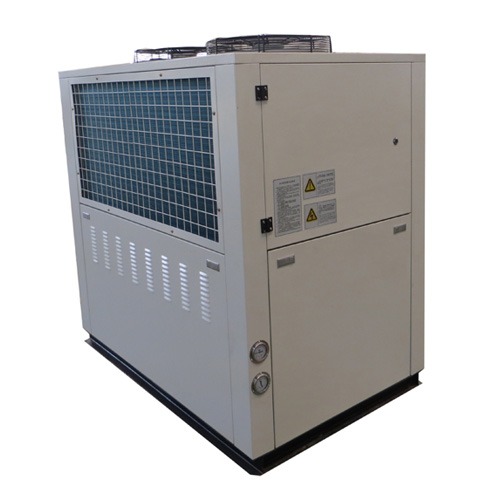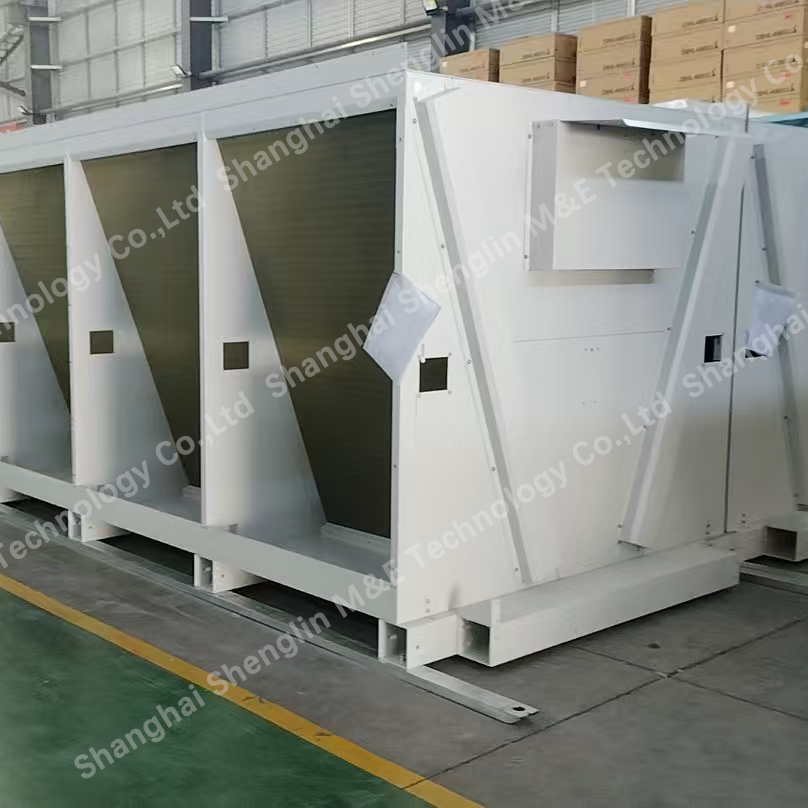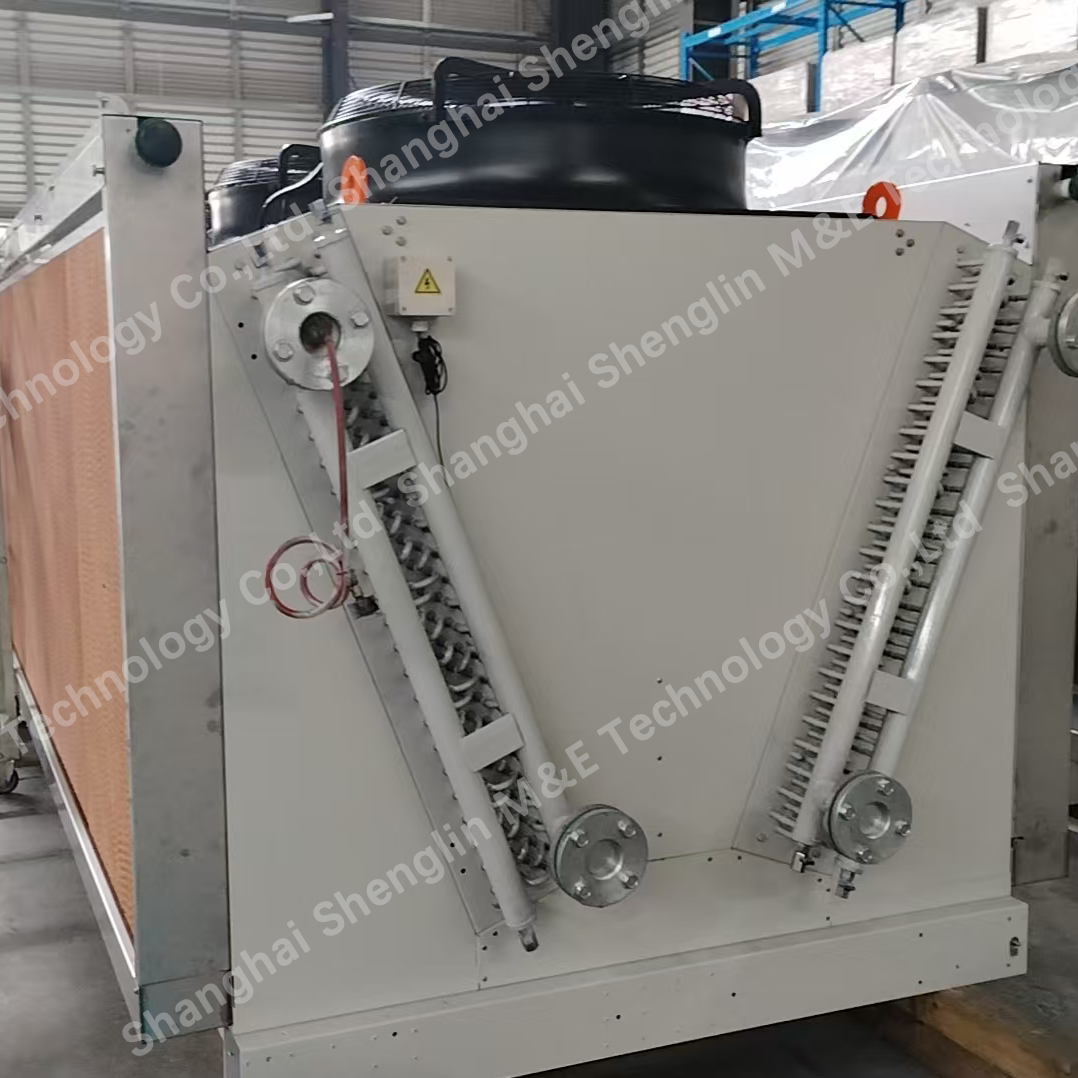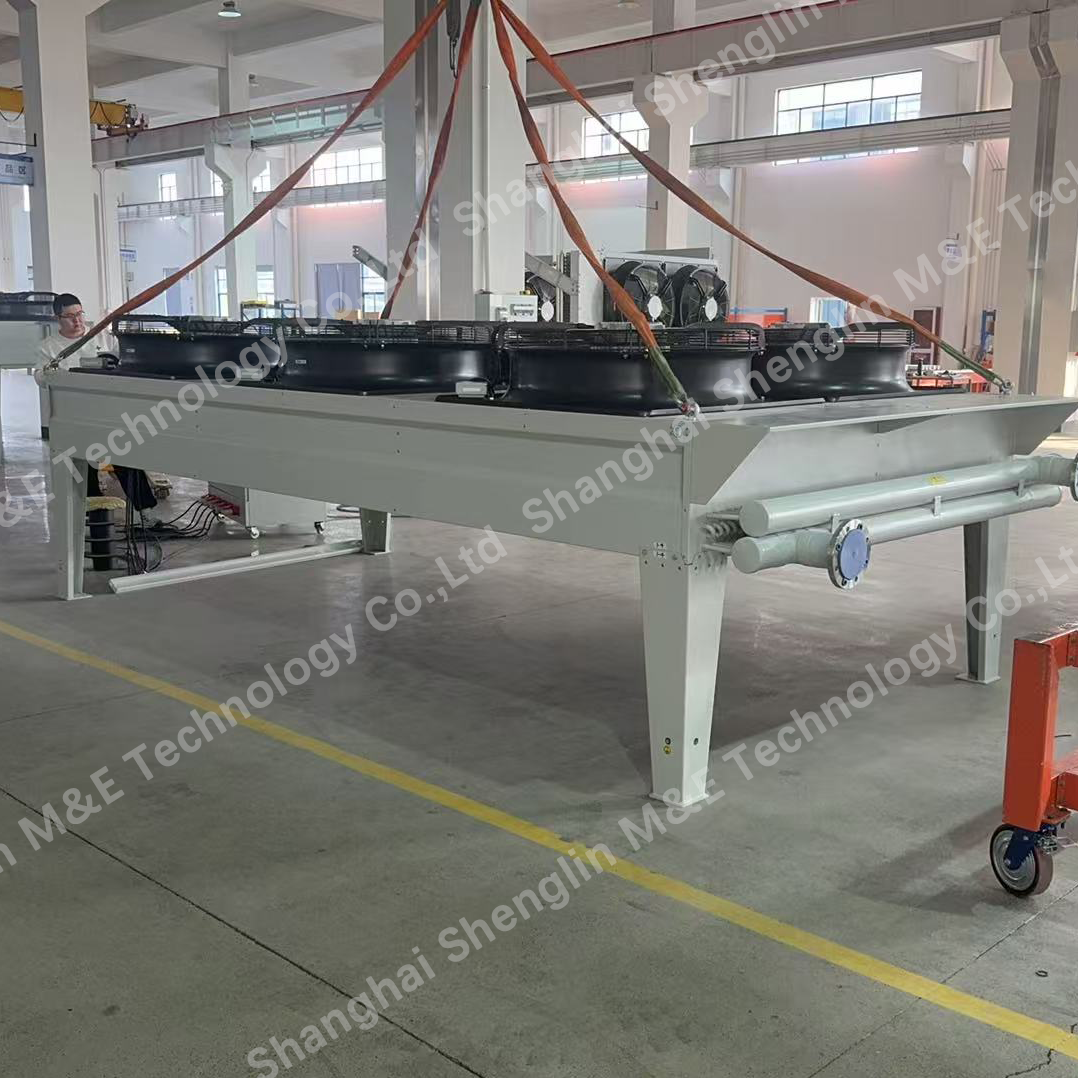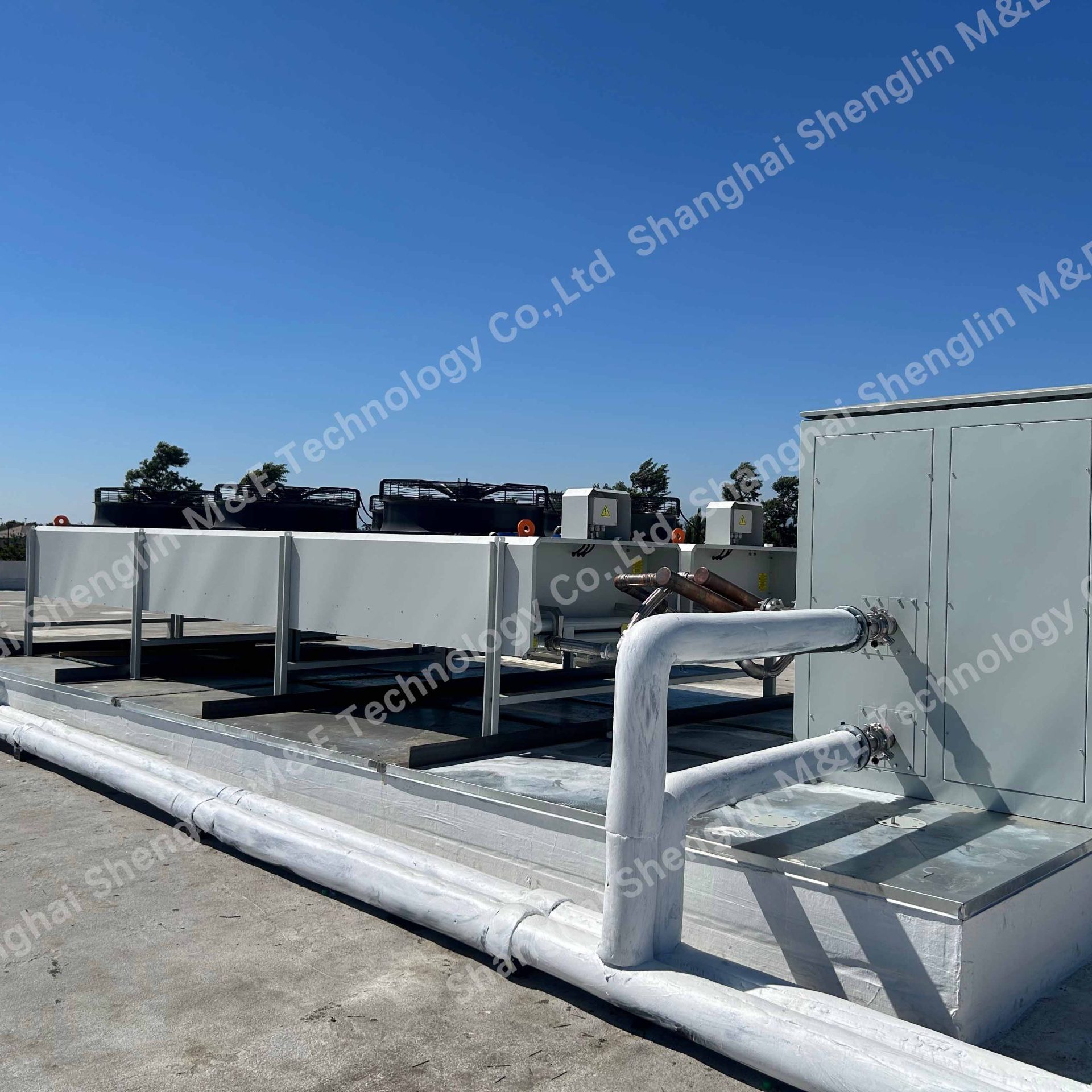Understanding and Maintaining Your Diesel Radiator
This comprehensive guide explores the intricacies of diesel radiator systems, covering their function, common issues, maintenance practices, and troubleshooting tips. Learn how to keep your diesel radiator performing optimally for extended engine life and efficiency. We’ll delve into the specifics, ensuring you have the knowledge to address potential problems and prevent costly repairs. Find out what makes a diesel radiator different from other types, and how to select the right one for your needs.
The Role of a Diesel Radiator in Your Engine’s Health
Why Diesel Engines Need Specialized Radiators
Diesel radiators are engineered to handle the unique demands of diesel engines. Diesel engines generate significantly more heat than gasoline engines due to their higher compression ratios and combustion temperatures. This increased heat output necessitates a more robust and efficient cooling system, which is where the diesel radiator plays a crucial role. A standard radiator may struggle to dissipate the excess heat, leading to overheating and potential engine damage. Diesel radiators often feature larger core sizes and enhanced cooling fin designs to cope with this higher heat load. They are typically constructed from materials like aluminum or copper, known for their excellent heat transfer properties. Understanding these differences is essential for ensuring optimal engine performance and longevity. Shanghai SHENGLIN M&E Technology Co.,Ltd offers a wide range of high-quality diesel radiators designed to meet these demanding requirements.
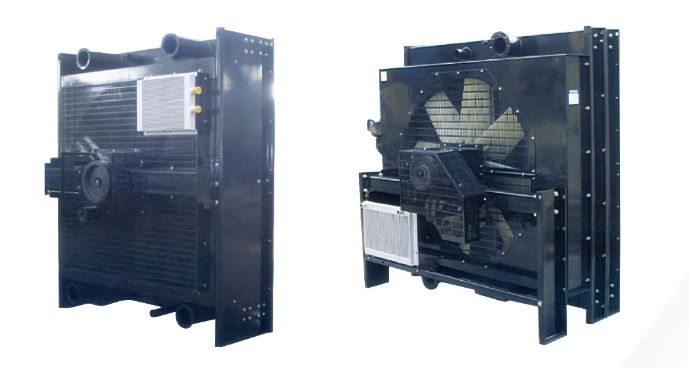
Common Problems and Their Solutions
Overheating Issues
Overheating is a common problem that can stem from various factors affecting your diesel radiator. These can include a clogged radiator, a malfunctioning thermostat, a failing water pump, or low coolant levels. Regular inspections and maintenance are crucial to prevent overheating. Early detection and addressing these issues can prevent severe engine damage. Always consult your engine’s manual for recommended coolant types and change intervals.
Leaks and Corrosion
Leaks in the diesel radiator can occur due to corrosion, physical damage, or worn-out seals. Corrosion is often accelerated by the use of improper coolant or a lack of regular maintenance. Regularly inspect your diesel radiator for signs of leaks or corrosion. Repairing or replacing a leaking radiator is essential to prevent coolant loss and maintain optimal engine temperature.
Maintenance and Repair of Diesel Radiators
Regular Inspection and Cleaning
Regular inspections are key to preventing major problems. Check coolant levels regularly and look for any signs of leaks, corrosion, or damage. Cleaning the diesel radiator‘s fins is also important to ensure efficient heat dissipation. A build-up of debris can significantly hinder the radiator’s ability to cool the engine effectively. Using a specialized radiator cleaner and following the manufacturer’s instructions is recommended.
Coolant Flushing and Replacement
Periodically flushing and replacing the coolant is crucial for preventing corrosion and maintaining optimal cooling performance. The frequency of coolant replacement depends on the manufacturer’s recommendations and the type of coolant used. Using the correct coolant type is paramount to protect your engine and diesel radiator from damage.
Choosing the Right Diesel Radiator
Selecting the appropriate diesel radiator is vital for ensuring optimal engine performance and longevity. Several factors should be considered, including engine type, size, operating conditions, and cooling requirements. Consulting a specialist or referring to your engine’s specifications is recommended to ensure compatibility.
Comparison of Radiator Materials
| Material |
Heat Transfer Efficiency |
Durability |
Cost |
| Aluminum |
Excellent |
Good |
Moderate |
| Copper |
Excellent |
High |
High |
| Brass |
Good |
High |
High |
Note: Specific performance characteristics can vary depending on the manufacturing process and alloy used.
By understanding the nuances of diesel radiator systems and implementing proper maintenance, you can ensure optimal engine performance, increased longevity, and prevent costly repairs. Remember to always consult your vehicle’s manual and seek professional assistance if needed.
Disclaimer: This information is for educational purposes only and should not be considered professional advice. Always consult a qualified mechanic for any repairs or maintenance of your vehicle.










